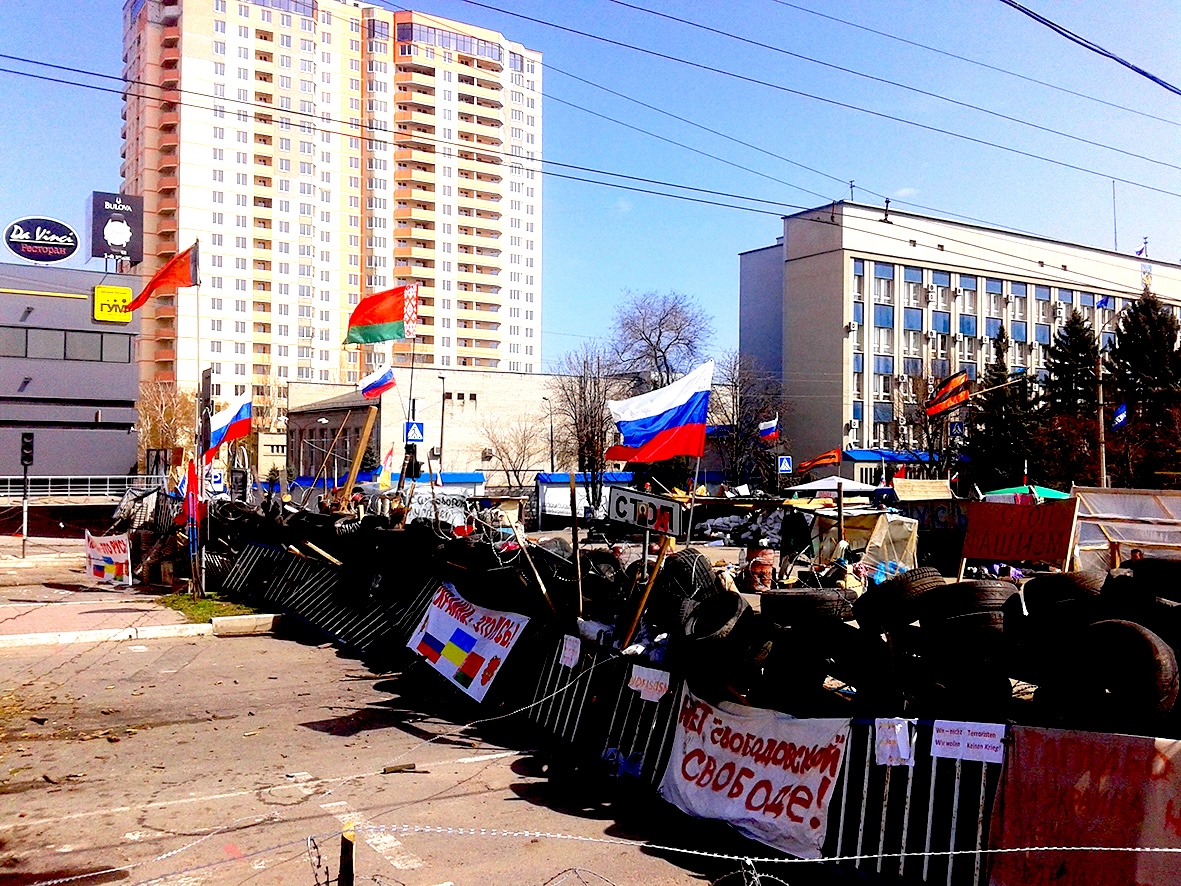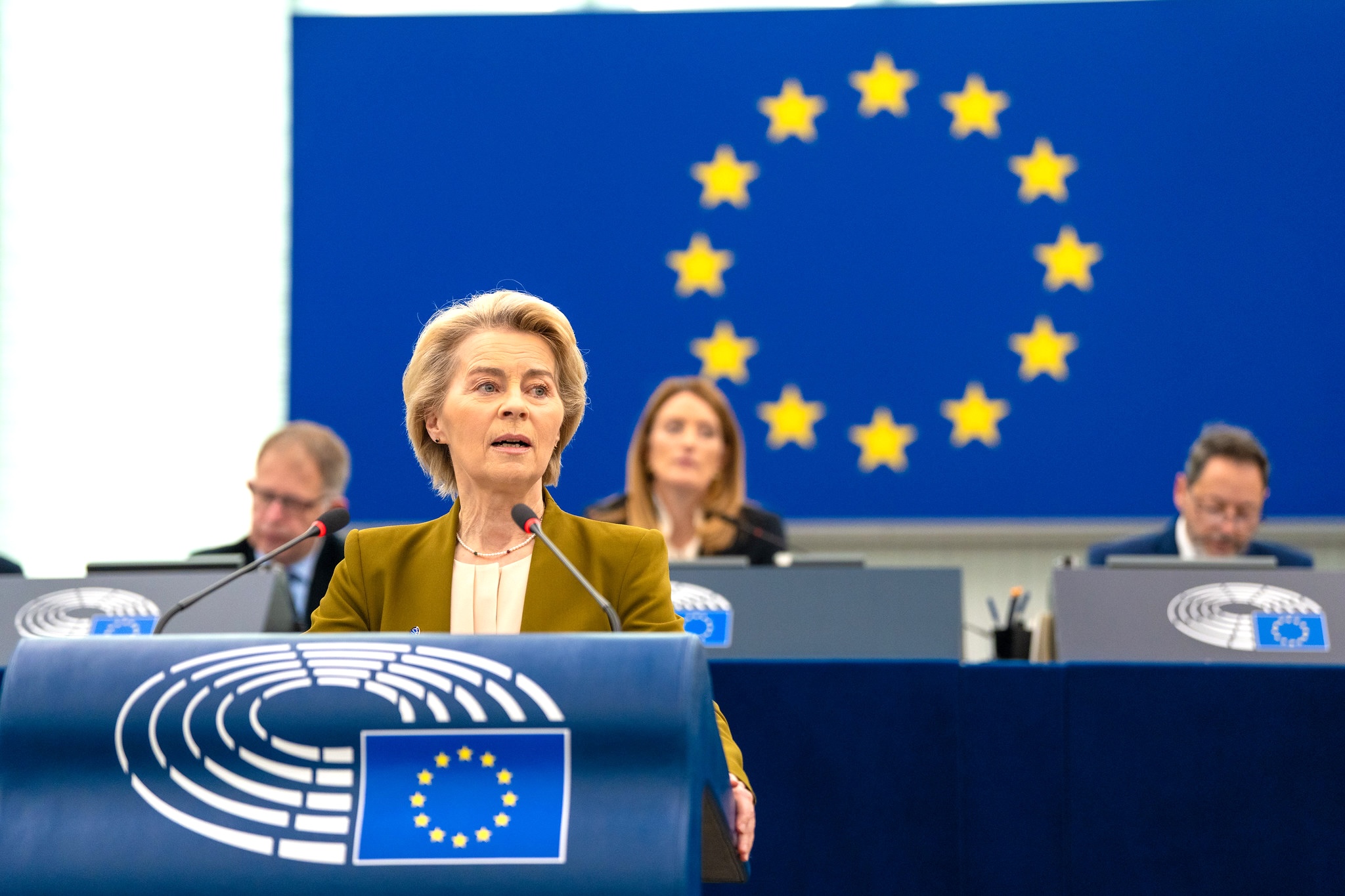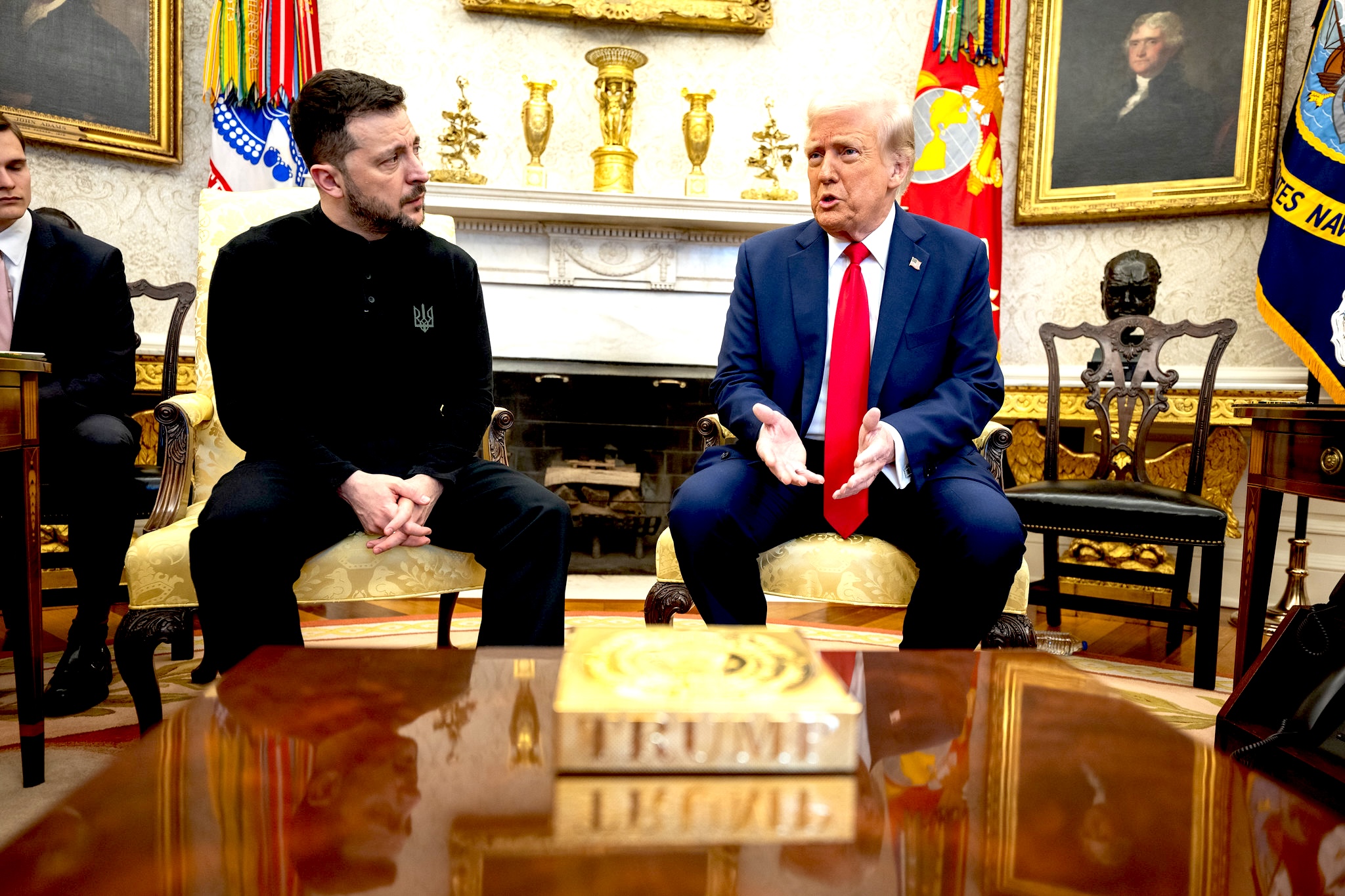By Craig Murray, Consortium News, 3/14/25
There is a logical fallacy that dominates European neoliberal “thinking” at the moment. It goes like this:
“Hitler had unlimited territorial ambition and proceeded to attempt conquest of all Europe after annexing the Sudetenland. Therefore Putin has unlimited territorial ambition and will proceed to attempt conquest of all Europe after annexing Eastern Ukraine.”
This fallacious argument gives no evidence of President Vladimir Putin’s further territorial ambition. For evidence of Putin’s threat to the U.K., Prime Minister Keir Starmer risibly refers to the Salisbury “novichok” affair, perhaps the most pathetic propaganda confection in history.
But even if you were to be so complacent as to accept the official version of events in Salisbury, does an assassination attempt on a double agent credibly indicate a desire by Putin to launch World War 3 or invade the U.K.?
Hitler’s territorial ambitions were not hidden. His desire for lebensraum and, crucially, his view that the Germans were a superior race who should rule over the inferior races, was plain in print and in speeches.
There is simply no such evidence for wide territorial ambition by Putin. He is not pursuing a crazed Nazi ideology that drives to conquest — or for that matter a Marxist ideology that seeks to overthrow the established order around the world.
The economic alignment project of BRICS is not designed to promote an entirely different economic system, just to rebalance power and flows within the system, or at most to create a parallel system not skewed to the advantage of the United States.
Neither the end of capitalism nor territorial expansion is part of the BRICS project.
There is simply no evidence of Putin having territorial goals beyond Ukraine and the tiny enclaves of South Ossetia and Abkhazia. It is perfectly fair to characterise Putin’s territorial expansion over two decades as limited to the reincorporation of threatened Russian-speaking minority districts in ex-Soviet states.
[See: Russian Imperialism?]
That it is worth a world war and unlimited dead over who should be mayor of the ethnic Russian and Russian-speaking city of Lugansk is not entirely plain to me.

Secessionists barricade in Luhansk in June 2014. (Qypchak / Wikimedia Commons / CC BY-SA 3.0)
The notion that Putin is about to attack Poland or Finland is utter nonsense. The idea that the Russian army, which has struggled to subdue small and corrupt, if Western-backed, Ukraine, has the ability to attack Western Europe itself is plainly impractical.
The internal human rights record of Putin’s Russia is poor, but at this point it is marginally better than that of President Volodymyr Zelensky’s Ukraine. For example the opposition parties in Russia are at least allowed to contest elections, albeit on a heavily sloped playing field, whereas in Ukraine they are banned outright.
Still less convincing are the arguments that Russia’s overseas political activities in third countries require massive Western increases in armaments to prepare for war with Russia.
Western Meddling & Destruction

EU Commission President Ursula von der Leyen on Jan. 22 in European Parliament addressing Ukraine, EU-U.S. relations and the EU’s global role. (European Parliament, Flickr, CC-BY-4.0)
The plain truth is that the Western powers interfere far more in other countries than Russia does, through massive sponsorship of NGOs, journalists and politicians, much of which is open and some of which is covert.
I used to do this myself as a British diplomat. Revelations from USAID or the Integrity Initiative leaks give the public a glimpse into this world.
Yes, Russia does it too, but on a much smaller scale. That this kind of Russian activity indicates a desire for conquest or is a cause for war, is such a shallow argument it is hard to believe in the good faith of those promoting it.
I have also seen Russian military intervention in Syria put forward as evidence that Putin has plans of world conquest.
Russian intervention in Syria prevented for a time its destruction by the West in the same way that Iraq and Libya were destroyed by the West. Russia held back the coming to power of crazed Islamist terrorists, and the massacre of Syria’s minority communities. Those horrors are now unfolding, in part because of the weakening of Russia through the Ukraine war.
For those nations that destroyed Iraq, Afghanistan and Libya to argue that Russia’s intervention in Syria shows Putin to be evil, is dishonesty of the highest degree. The United States has had a quarter of Syria under military occupation for over a decade and has been stealing almost all of Syria’s oil.
Pointing at Russia here is devoid of reason.
Strangely, the same “logic” is not applied to Benjamin Netanyahu. It is not argued by neoliberals [neocons] that his annexations of Gaza, the West Bank and Southern Lebanon mean he must have further territorial ambitions. In fact, they even fail to note Netanyahu’s aggressions at all, or portray them as “defensive” — the same argument advanced much more credibly by Putin in Ukraine, but which neoliberals [neocons] there outright reject.
[Related: Israel’s Threatening Colonialism]
A Transformed EU
The economies of Western Europe are being realigned onto a war footing, led by the utterly transformed European Union. The enthusiastic proponents of genocide in Gaza, who head the EU, are now channelling an atavistic hereditary hatred of Russia.
The foreign policy of the EU is propelled by European Commission President Ursula von der Leyen [Germany] and Vice President Kaja Kallas (Estonia). The fanatical Russophobia these two are spreading, and their undisguised desire to escalate the war in Ukraine, cannot help but remind Russians that they come from nations which were fanatically Nazi.
To Russians this feels a lot like 1941. With Europe in the grip of full-on anti-Russian propaganda, the background to Trump’s attempt to broker a peace deal is troubled and Russia is understandably wary.
The U.K. continues to play the most unhelpful of roles. They have despatched Morgan Stanley’s Jonathan Powell to advise Zelensky on peace talks. As former Prime Minister Tony Blair’s chief of staff, Powell played a crucial role in the illegal invasion of Iraq.
Wherever there is war and money to be made from war, you will find the same ghouls gathering. Those involved in launching the invasion of Iraq should be excluded from public life. Instead Powell is now the U.K.’s national security adviser.
I am not a follower of Putin. The amount of force used to crush Chechnya’s legitimate desire for self-determination was disproportionate, for example. It is naive to believe that you get to be leader of the KGB [sic] by being a gentle person.
But Putin is not Hitler. It is only through the blinkers of patriotism that Putin appears to be a worse person than the Western leaders behind massive invasion and death all around the globe, who now seek to extend war with Russia.
Here in the U.K., the Starmer government is seeking actively to prolong the war, and is looking for a huge increase in spending on weapons, which always brings kickbacks and future company directorships and consultancies for politicians.
To fund this warmongering, New Labour are cutting spending on the U.K.’s sick, disabled and pensioners and cutting aid to the starving overseas.
Labour Friends of Israel has published a picture of Starmer meeting with Israeli President Herzog, six months after the International Court of Justice’s interim ruling quoted a statement by Herzog as evidence of genocidal intent.
The Starmer government was voted for by 31 percent of those who bothered to cast a vote, or 17 percent of the adult population. It is engaged in wholesale legal persecution of leading British supporters of Palestine, and is actively complicit in the genocide in Gaza.
I see no moral superiority here.
Craig Murray is an author, broadcaster and human rights activist. He was British ambassador to Uzbekistan from August 2002 to October 2004 and rector of the University of Dundee from 2007 to 2010.
Like this:
Like Loading...




